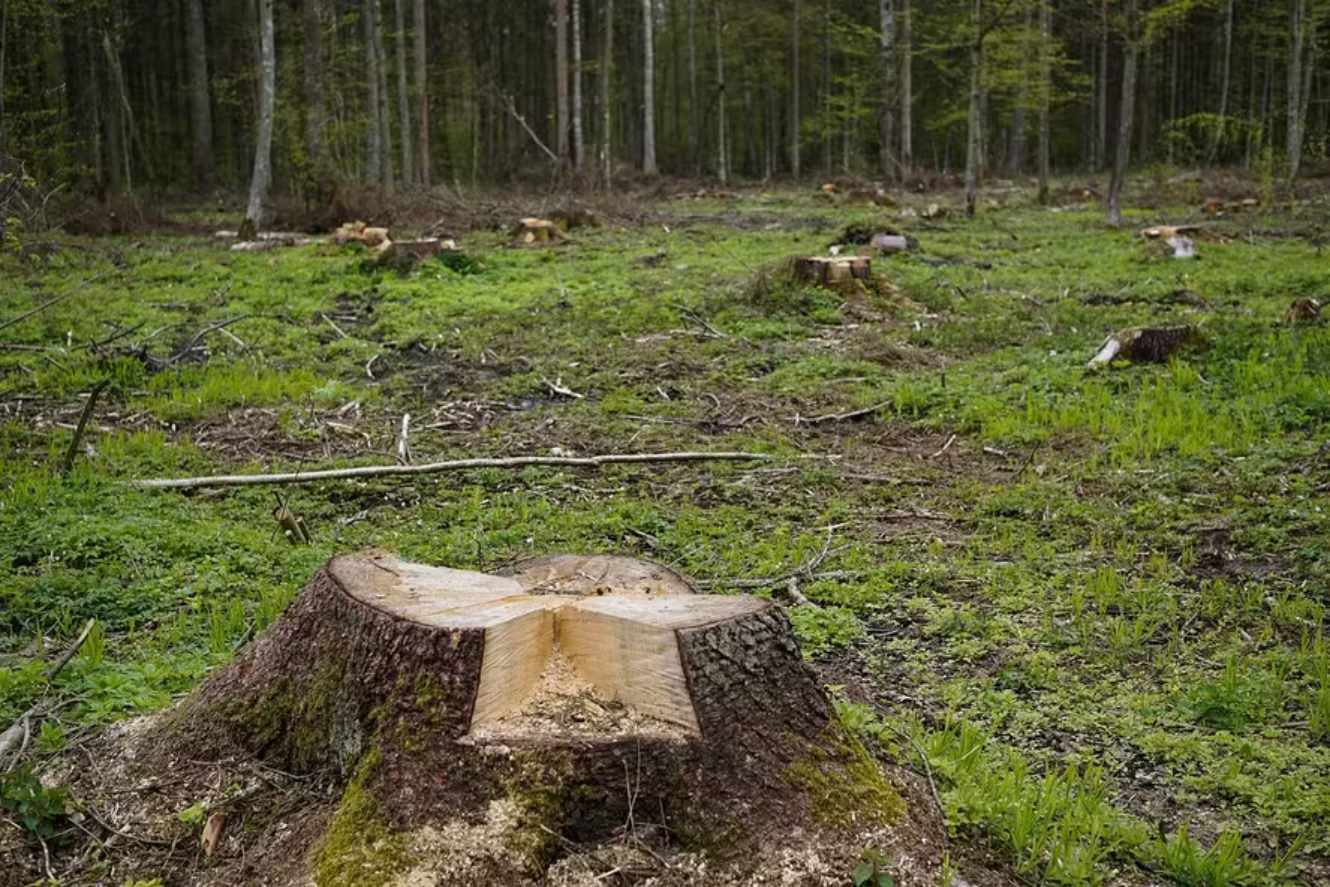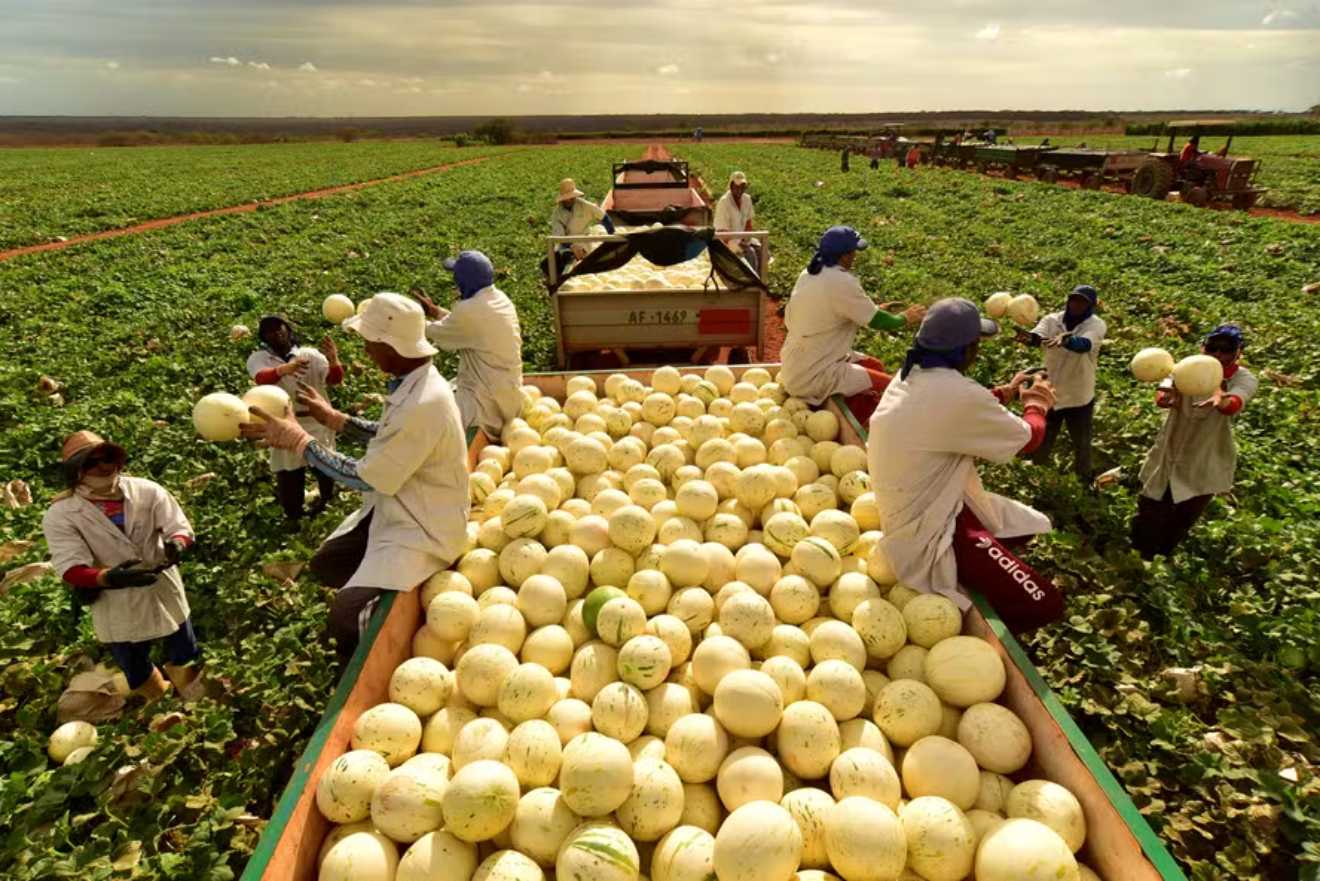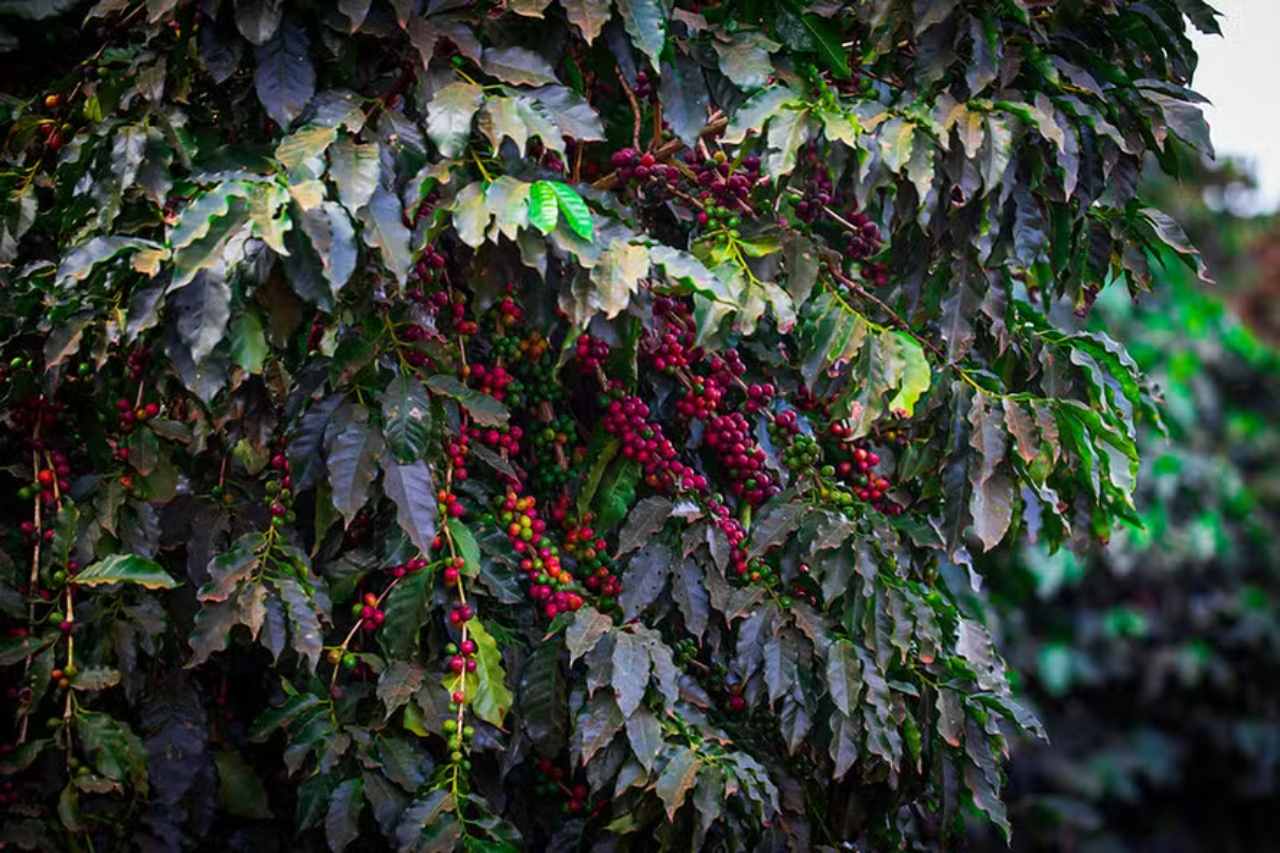New rules will come into effect in December 2025 for medium and large companies, and in June 2026 for small businesses.
On Thursday, November 14, the European Parliament approved the postponement of the anti-deforestation law (EUDR). The decision was made during the penultimate meeting of the year for representatives from EU member states. It was determined that the new rules will be enforced starting December 30, 2025, for medium and large companies, and June 30, 2026, for small businesses.
The vote resulted in 371 in favor, 240 against, and 30 abstentions. The proposal to delay was introduced by the European Commission, the EU’s executive branch, after pressure from exporting countries and EU members. German representatives led the debate to approve the postponement of the guidelines.
In addition to the delay, the Parliament approved eight amendments to the original text of the law. The main change was the creation of a category for countries or regions considered “deforestation-free,” a measure seen negatively by Brazilian negotiators and exporters.
Seven other amendments, including one that suggested a two-year delay, were withdrawn before the vote. Another proposal, which included regular dialogue with the World Trade Organization (WTO) to facilitate law implementation, was rejected by a narrow margin: 312 votes to 309.
“The interpretation could be that countries with no more native forests will be classified as ‘no risk,’ and this category will have very few or no requirements to fulfill,” said Glauco Bertoldo, Brazil’s agricultural attaché to the EU, who attended the Parliament vote in Brussels.
“With no requirements, and most likely all EU member states will be in this category, the one-year implementation timeline is more than enough for the relevant authorities to prepare the necessary controls,” he argued.
On the other hand, for countries that do not fall under this new category, the “discriminatory effects” will be even greater, he added.
Countries classified as “no risk” are defined as having stable or increasing forested areas. According to the amendments approved, these countries will face “significantly less stringent” requirements, as the risk of deforestation is negligible or nonexistent, the European Parliament noted. The European Commission will need to finalize a benchmarking system for these countries by June 30, 2025.
Criticisms
This week, Brazil’s Minister of Agriculture, Carlos Fávaro, once again criticized the EUDR and indicated that there would be room to renegotiate certain terms with the new deadline. He discussed the matter with over 20 agribusiness entities during a meeting on Tuesday, November 12. He told journalists that the measure was “disrespectful” and “violates national sovereignty.”
He reiterated that 98% of Brazilian farmers comply with the Forest Code, “one of the most rigorous in the world,” according to the minister. He also emphasized that Brazil wants to advance in combating deforestation, but not in a “top-down” and “unilateral” manner.
Next Steps
The Parliament decided to send the text with the amendments back to the committee for interinstitutional negotiations. For these changes to take effect, the agreed text must be approved by both the Council and the Parliament, and published in the Official Journal of the European Union.
New Deadline
With the new deadline for compliance with the law, which prohibits the commercialization of products from seven supply chains sourced from deforested areas after 2021, food-exporting countries, including Brazil, will need to adapt to the adjustments made over the year. One of the main requirements is georeferencing rural areas to prove that production does not come from deforested land.
The new deadline is extended for small farmers, who now have an additional year and a half to regularize their agricultural systems. The new deadline for this group is June 30, 2026.
The vote took place amid protests from farmers outside the Parliament building in Brussels, who were advocating for economic protectionism. Tractors with banners referring to “unfair trade” between the EU and Mercosur were displayed, should the agreement be approved or debated. However, the main topic of the day was dominated by the anticipation surrounding the EUDR.
Brazilian entities, such as the Coffee Exporters Council (Cecafé), had already been expecting the green light from Parliament, especially after pressure from Germany and Italy, EU members concerned about rising food inflation if the law were to be enforced this year.
About a month ago, Cecafé participated in meetings with the German Coffee Association, which had predicted that German parliamentarians would vote for the delay. Germany currently holds the most influence in the European Parliament.
“The law could not come into effect this year, as European ports’ data technologies still lack the capacity to process information simultaneously, making it impossible to check the products entering the EU,” said Marcos Matos, executive director of Cecafé, who attended nearly all EUDR meetings in 2024, both national and international.
After the vote, the text will be reviewed by the EU member states, within the economic bloc’s council, to evaluate each of the 15 amendments presented, one of which relates to extending the law by another 12 months.
The discussion accelerated in October when the European Commission came out in favor of the delay. According to Matos, the pressure from European leaders on Parliament authorities was key to defining the new deadline.
In Brazil, Aprosoja also expressed its position. “This was an expected measure, particularly because Europeans recognized that their companies and producers would face difficulties in complying with their own regulation—linked to amendments from European traders,” the board noted in a statement.
In Europe, traders consulted by the press had previously warned that importers might face heavy fines, as the continent does not produce enough for domestic supply.
After the vote, a press conference on the EUDR will be held for local journalists. Before that, French media outlets reported that climate goals would be jeopardized if the legislation were delayed. Major newspapers like Le Monde and Le Figaro also highlighted environmentalists’ concerns regarding Amazon and other tropical forests’ protection efforts.
In those newspapers, “green groups” warned about the agricultural supply chain’s complicity with increasing deforestation rates in Latin America. In Brussels, The Brussels Times covered the debate as the European Parliament’s “dilemma,” citing criticisms from NGOs and environmental advocates who believe this compromises Europe’s climate commitments. The Parliament Magazine also reported that European companies were concerned about increased costs and logistical challenges in complying with the new regulations.





